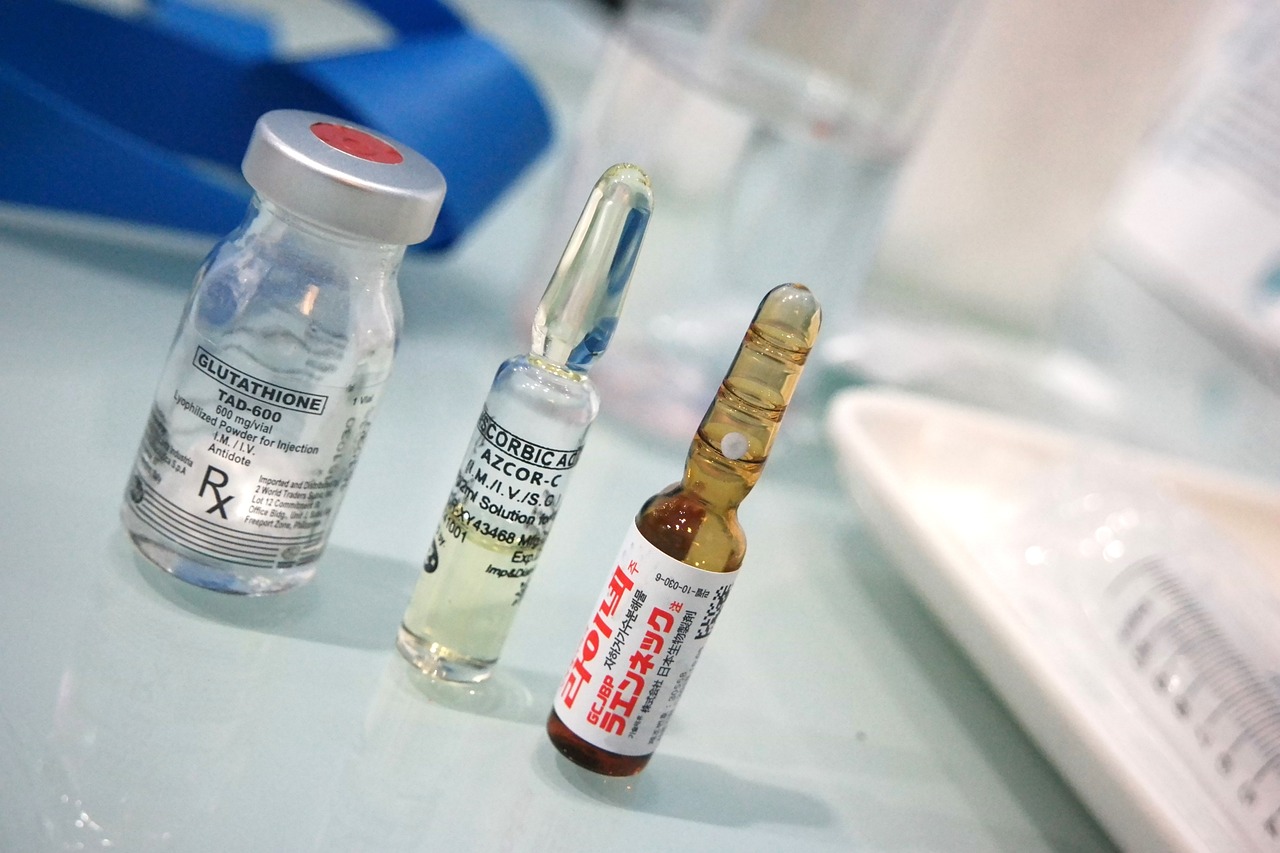Dickens Macharia, a high school teacher in Nairobi, Kenya, developed a cold that persisted for over four days despite drinking a concoction of lemon, garlic, ginger, and turmeric.
Dickens decided to self-medicate with the antibiotic Amoxil for three days, but the flu never disappeared.
He further self-prescribed Azithromycin, which he took for five days.
The burden of antimicrobial resistance continues to rise, warranting a local and global call to action.
His flu subsided after seven days, and whenever he developed the flu after that, he would take both drugs.
Not long ago, he developed pneumonia and was put on Azithromycin and ceftriaxone.
The pneumonia did not go away despite judicious treatment for seven days.
His sputum microscopy, culture, and sensitivity revealed he had pneumonia caused by a resistant bug, Streptococcus pneumoniae, that was found to be sensitive to Linezolid.
Dickens is not alone in this case of self-medication and overuse of antibiotics, which invariably contribute to antimicrobial resistance.
It is projected that bacterial pandemics will ravage Africa with the current trends in antibiotic usage and the risks posed by superbugs.
The burden of antimicrobial resistance continues to rise, warranting a local and global call to action.
It poses a challenge to global health systems, and stakeholders are joining hands to fight it.

Drug resistance is caused by overexposure of a particular drug to a bug that develops natural adaptive mechanisms to prevent the medication from killing it, according to Dr Mercy Mwangangi, a former Chief Administrative Secretary of Kenya’s Ministry of Health.
Viral infections have caused most pandemics, and very few have been due to bacterial infections.
For instance, the Bubonic plague of the mid-1300s by the bacteria Yersinia pestis ravaged Europe, the Orient, North Africa, and Central Asia, killing almost a third of the world’s population.
It is projected that bacterial pandemics will ravage Africa with the current trends in antibiotic usage and the risks posed by superbugs.
Nairobi’s sex workers have been exposed for a long time to common drugs used to treat gonorrhea, which is why there is resistance.
Super gonorrhea, which scientists at KEMRI discovered among sex workers in Kenya’s capital Nairobi in January 2023, is an example of how superbugs develop adaptive mechanisms.

Nairobi’s sex workers have been exposed for a long time to common medicines used to treat gonorrhea, which is why there is drug resistance.
Many reported cases of antimicrobial resistance warrant prompt appraisal.
According to Prof Elijah Sonkok, the director of the Graduate School at Kenya Medical Research Institute (KEMRI), Kenyans have contributed to antimicrobial resistance by using antibiotics to treat upper respiratory tract infections that often resolve on their own.
The impact is set to be severe in low and middle-income countries where the cases remain largely undocumented.
There is a high self-prescription of antibiotics, the most common being Amoxicillin, Azithromycin, Septrin, and ciprofloxacin, for simple infections like the flu.
Additionally, healthcare professionals have contributed to antimicrobial resistance through the irrational use of antibiotics.

For instance, there is a reported misuse of antibiotics like ceftriaxone to treat a wide range of simple infections that would be treated with simple antibiotics like extended-spectrum penicillin.
Other contributors include using broad-spectrum antibiotics to manage infections that would be managed using specific antibiotics after a sensitivity test.
State agencies in Kenya have been proactive in instituting policies that promote the rational use of antibiotics.
A 2022 study by the Ministry of Health and World Health Organization (WHO) in Kenya’s Nyamira County revealed that 60 percent of individuals usually practice self-medication while 24 percent practice self-medication while aware of antimicrobial resistance.
The United States Center for Disease Control and Prevention (CDC) states drug resistance will cause up to ten million deaths in the next decade.
Moreover, the impact is set to be severe in low and middle-income countries where the cases remain largely undocumented and awareness is extremely low.

The WHO says there is a need to promote a multifaceted and multidisciplinary approach to mitigate the impact of drug resistance through behavioral changes and global awareness campaigns.
Public engagement on the impact of antimicrobial resistance has been ongoing through various channels targeting the general public.
There is a widespread campaign for healthcare workers to promote the rational use of antibiotics and conduct susceptibility tests.
Over-the-counter purchases of antibiotics without a doctor’s prescription should be avoided.
Other measures the public is being made aware of include taking a total dose of prescribed antibiotics, not saving them for the subsequent illness, and not skipping doses.
There is a widespread campaign for healthcare workers to promote the rational use of antibiotics, conduct susceptibility tests, and only prescribe needed antibiotics.
State agencies in Kenya, for instance, have been proactive in instituting policies that promote the rational use of antibiotics.

The use of strong and last-resort antibiotics is highly restricted in health centers.
There are strict regulations on where the antibiotics are sold, and strict prescription patterns exist.
The Government of Kenya has implemented measures to regulate the sale of over-the-counter medication.
The Ministry of Health has instituted heightened research for antimicrobial resistance surveillance and resistant bug identification in collaboration with research bodies like KEMRI.
__________________________________________________________________________________________________
Dr Austin Omondi is a medical officer based in Kiambu, Kenya.
